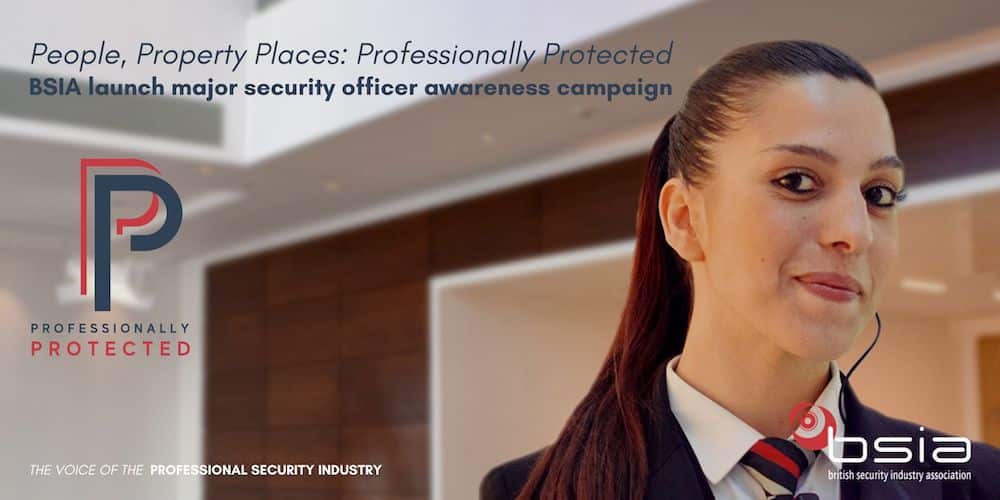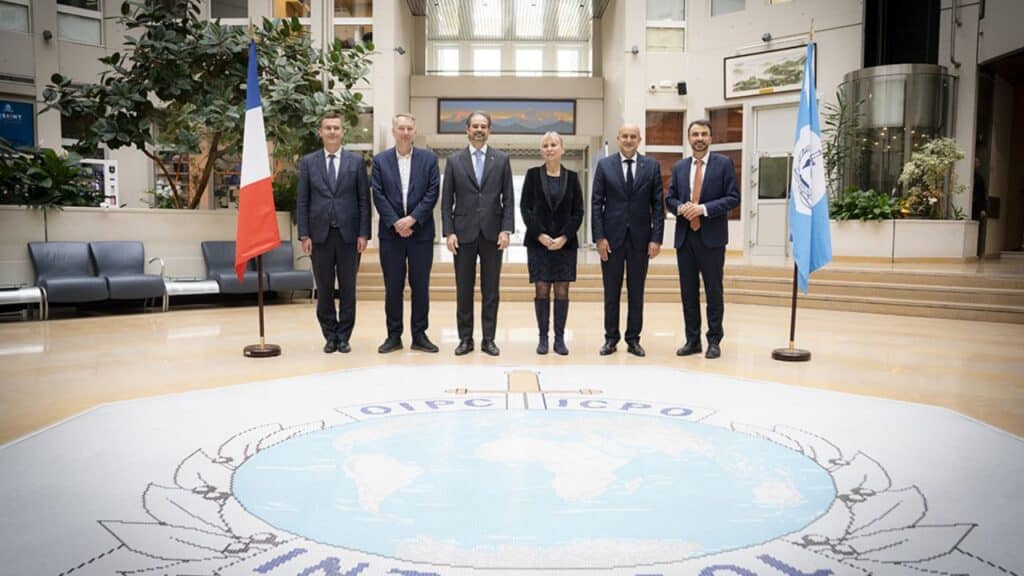The UK’s private security industry must recruit, train and license more than 62,000 new security officers over the next 12 months to keep up with the growing demand for their services and keep the public safe, according to the British Security Industry Association (BSIA), the trade body for the professional security industry in the UK.
To meet demand the BSIA has today launched a major national initiative, ‘People, Property, Places: Professionally Protected’, to increase awareness of the crucial work that security officers carry out 24 hours a day, seven days a week. It also highlights that a career in professional security offers a wide range of benefits and opportunities that are open to anyone, from any background, ethnicity, sexuality and age group.
Research conducted amongst BSIA members, who provide over 70 per cent of private security services in the UK, indicates that the UK’s private security sector needs to boost the number of licensed security officers by 62,000 to more than 450,000 over the next 12 months to meet growing demand and departures from the sector. The industry anticipates losing almost 20,000 officers from its workforce through factors including retirement and departures following Brexit and Covid-19.
Interest in engaging private security services has increased following the Government’s Protect Duty consultation, launched in the wake of the Manchester Arena terrorist bombing in 2017. When it comes into force as expected in 2023, this will create a legal requirement for organisations to provide proportionate security measures. BSIA members also cite rising criminality, the ongoing ‘substantial’ terror threat level and more incidents involving members of the public with mental-health issues as factors driving increased demand for their services.
Mike Reddington, Chief Executive, BSIA, said: “The private security industry faces unprecedented demand for highly trained, licensed security officers, with organisations and events recognising they need to purchase security services based on risk and professionalism rather than cost. Security is more than a high-vis vest and buyers are more willing to invest in quality now to achieve a safer, more secure environment.”
“Our members and their customers anticipate that the Government’s Protect Duty, introduced in the wake of the Manchester Arena attack, will become law sooner rather than later. Businesses such as event producers know they need to spend more on professional security officers trained in terror-threat awareness and emergency first aid in order to protect people better.
“As a sector we are moving quickly to attract more security officers into the industry, letting people know security can be a career of choice for team players who care about providing a professional service to protect people, property and places and who will commit to the training. Failure to achieve this could compromise public safety and some big events may not be able to happen as planned.”
“The stereotypical image of a security officer working in a low-paid, low-skilled job doesn’t match with those working in today’s modern profession. There’s a lot more to the job than wearing a hi-vis vest.”
The BSIA’s campaign page features information on security-industry careers, skills and training, security-officer profiles and links to live job opportunities from leading UK providers of security services.




